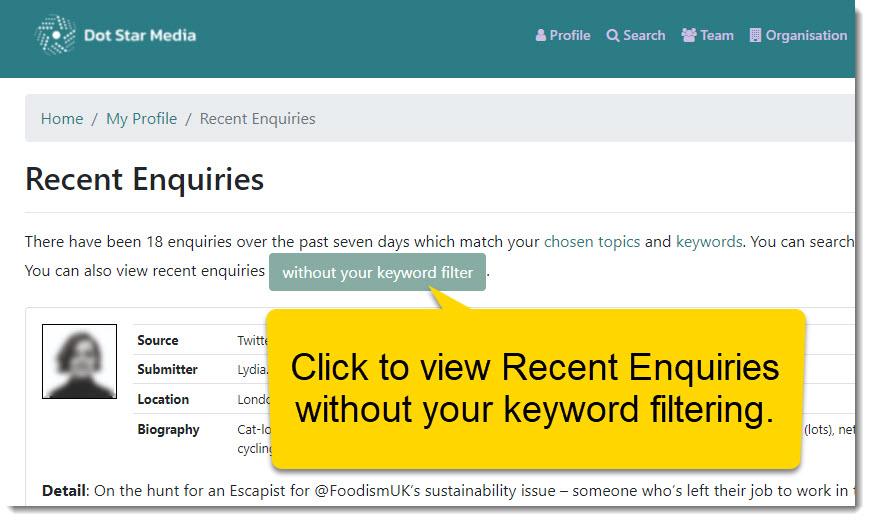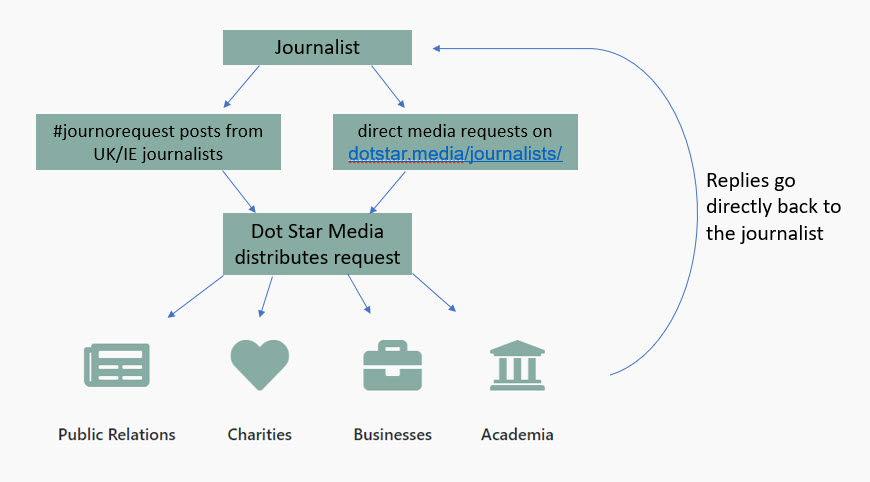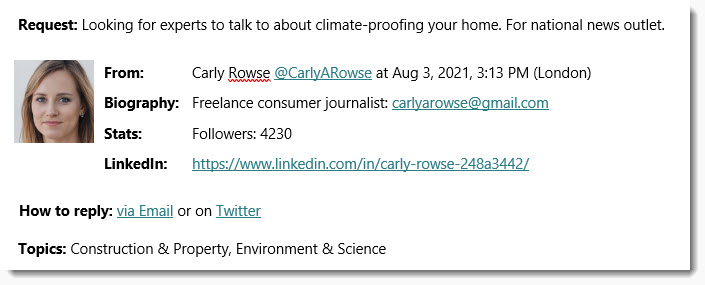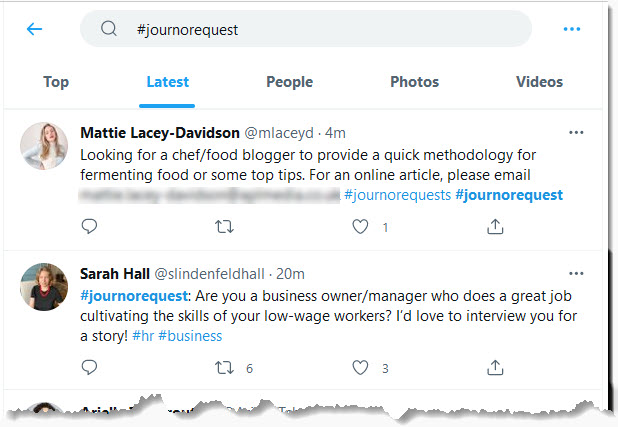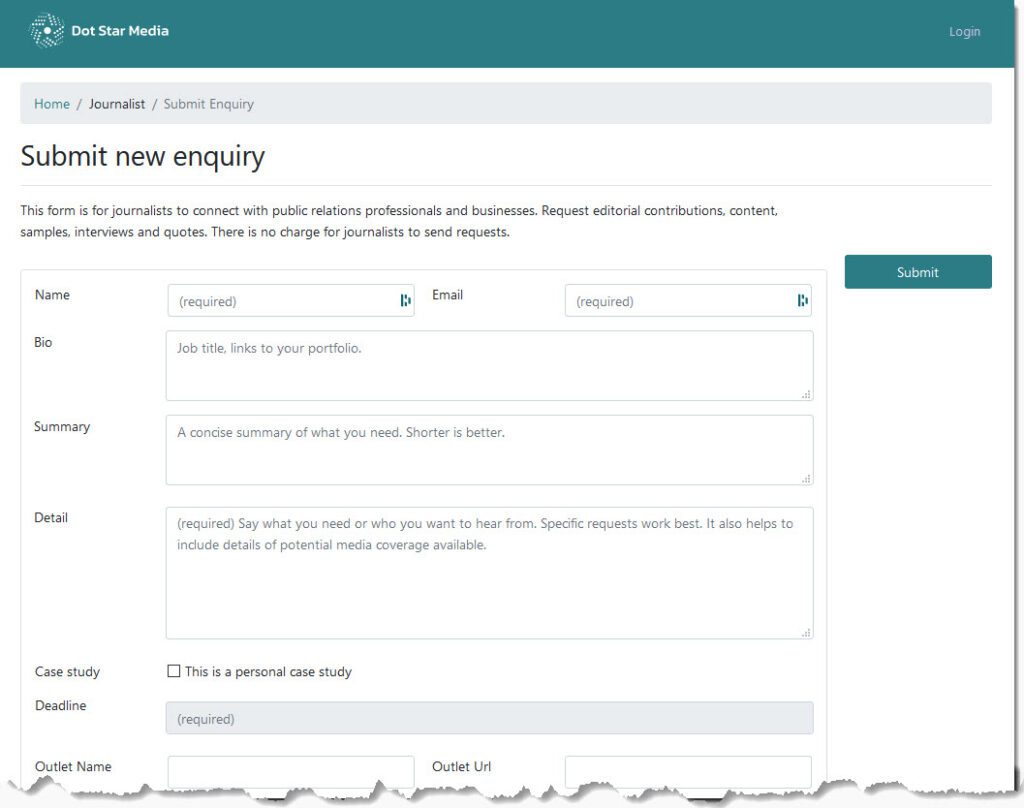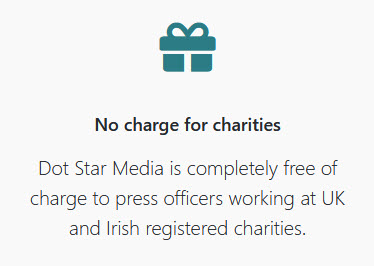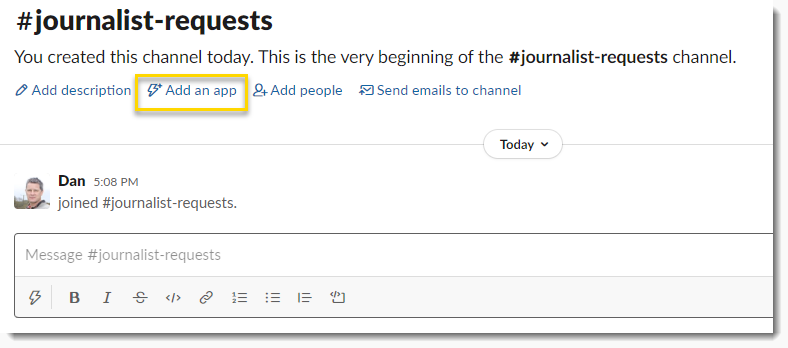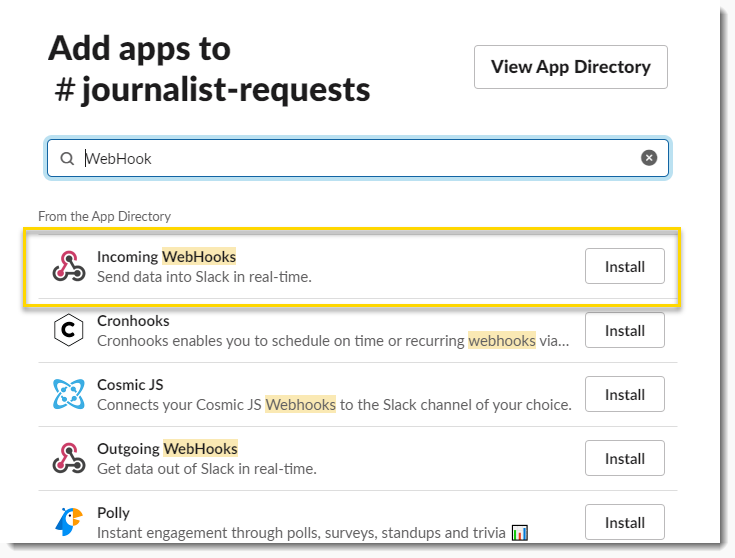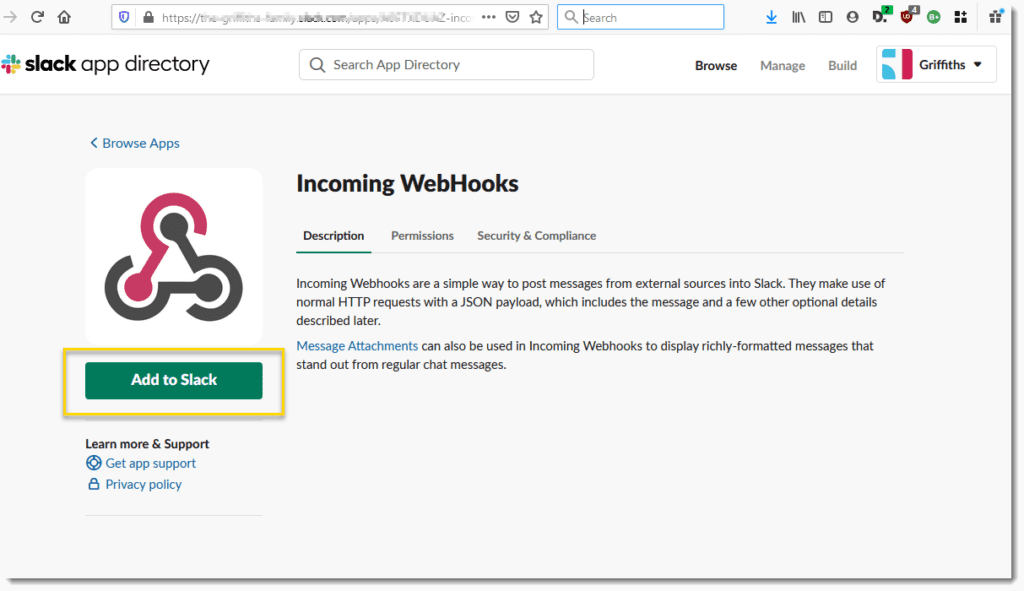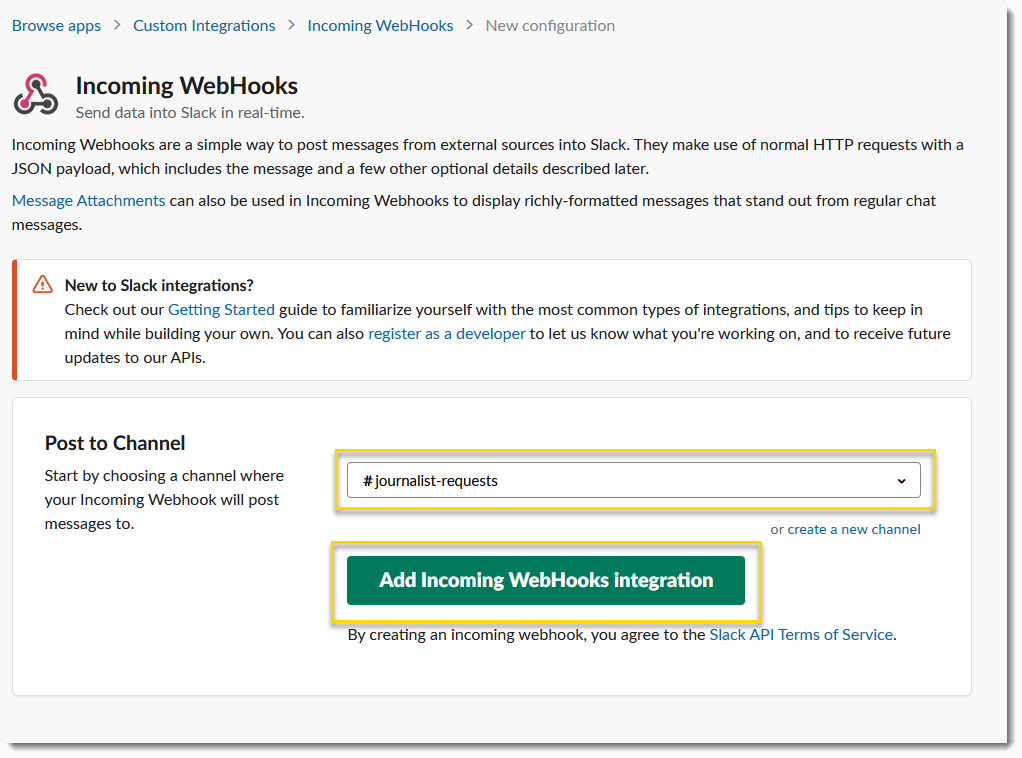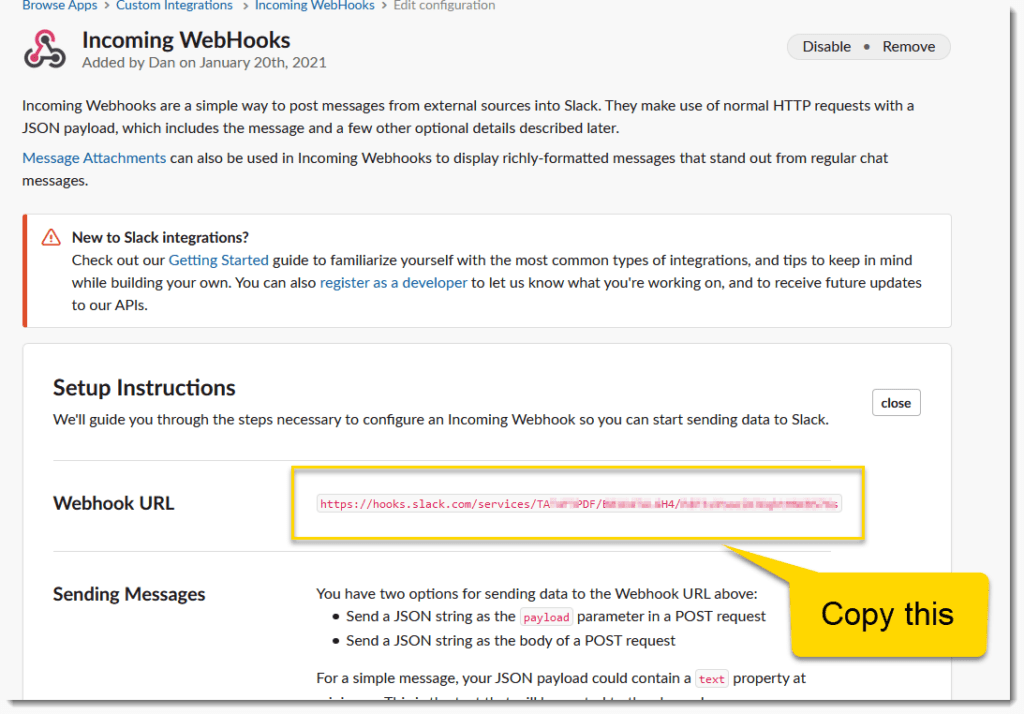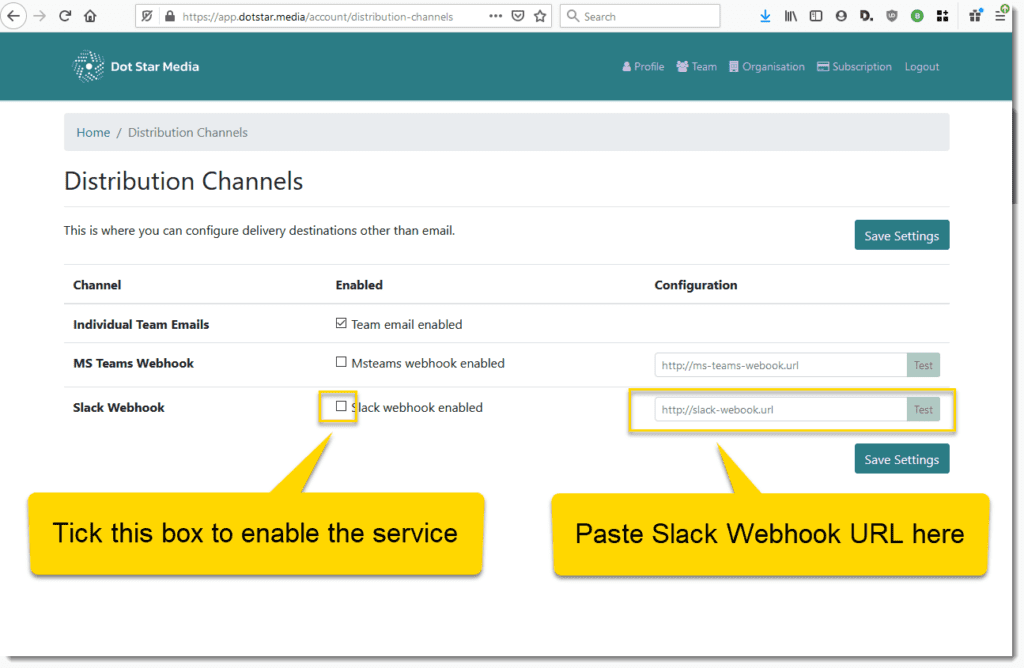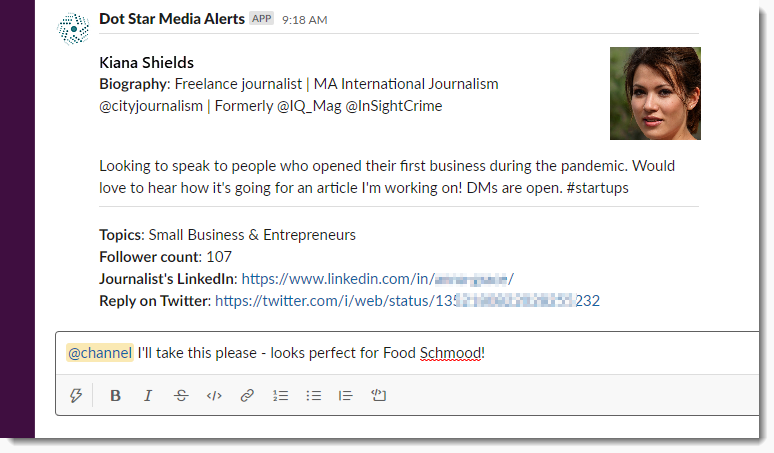When your interest is in a specialist subject, or you have niche clients to promote, our individual topics can deliver a range of journalist requests that is too broad for your needs.
For example, a wildlife conservation charity may find requests delivered in the ‘Pets & Animals’ topic deliver domestic dog and cat related requests that aren’t relevant for them. In these situations we recommend keyword filtering to improve the relevancy ratio of journalist requests received.
The wildlife conservation charity could enter a long list of relevant keywords around the topic of conservation and only receive journalist requests that include one of their keywords. A simple keyword list could look like this:
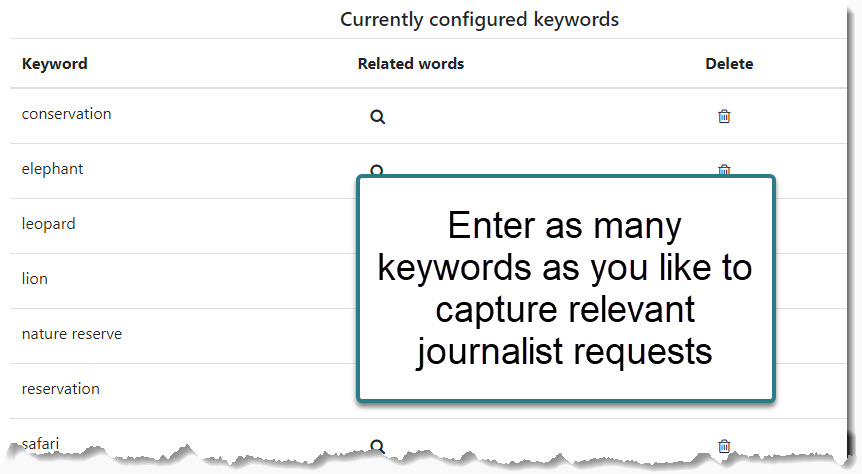
Basic keyword filtering works by matching from the beginning of a word. For example, ‘restaurant’ would match ‘restaurant‘, ‘restaurants’ and ‘restauranter’. But the keyword ‘restaurants’ wouldn’t alert on a request including the word ‘restaurant’. So it’s important to take care when entering keywords, and think about the words entered.
Using regular expressions
In some sectors, like science and technology, acronyms are popular. Filtering on acronyms can return false positives. Take ‘artificial intelligence’, which can appear in requests as the acronym ‘AI’ or ‘#AI’ or ‘AI/ML’. If you use the simple keyword of ‘AI’ you would also receive matches on words that begin with ‘ai’, such as ‘aircraft’, ‘aim’, ‘aid’.
To get round this we have enabled regular expressions on the keyword search. In the image below the word ‘ai’ is given a word boundary, allowing us to perform a whole word search. This stops alerts on ‘airport’, but continues to alert on ‘AI’.
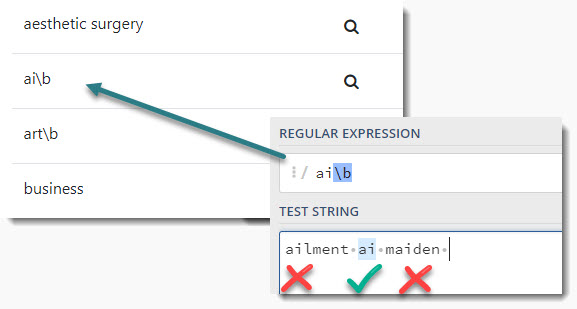
Usefully, the word boundary ignores non-word characters such as slashes and hashtags, so this will still trigger alerts for mentions of ‘AI’ when it appears as ‘AI/ML’ or ‘#AI’, like this request:
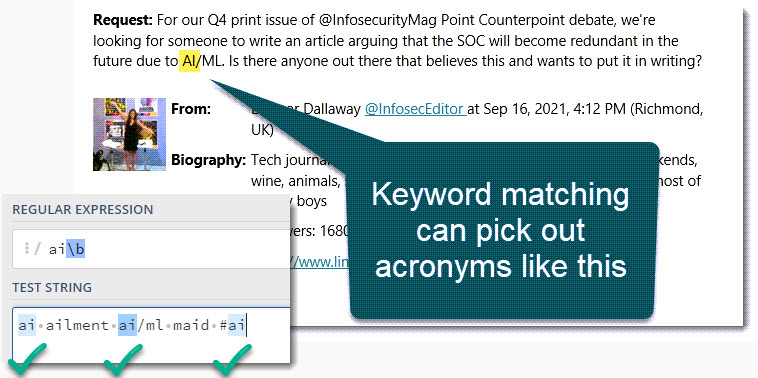
Support
Some people find regular expressions are fun, and this includes the team at Dot Star Media. We’re happy to provide support and advice on getting your keywords working well. If we can help – please get in touch.

